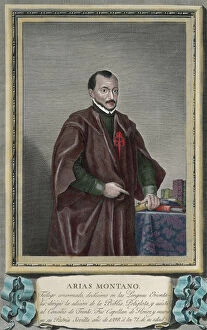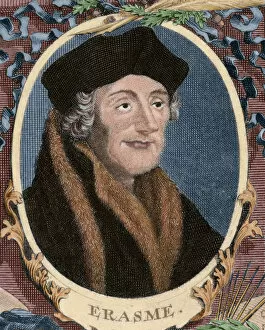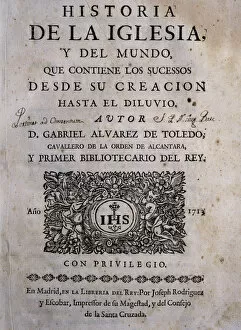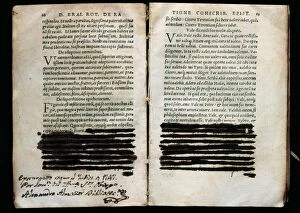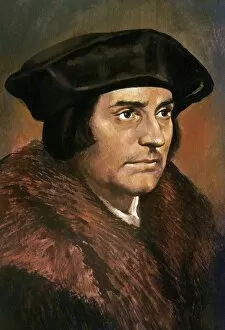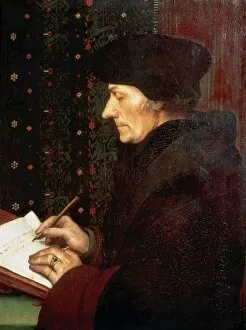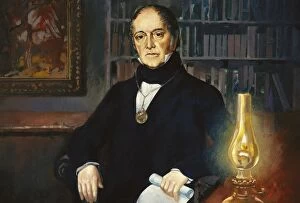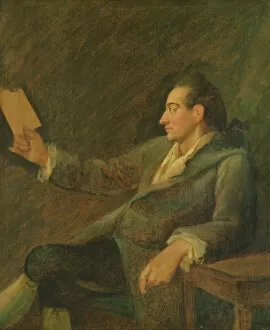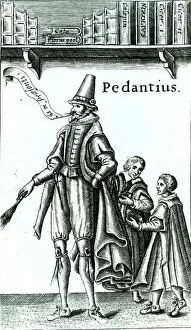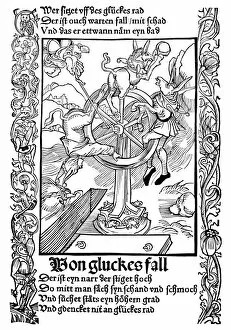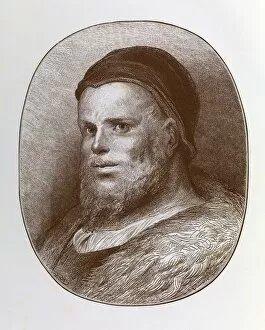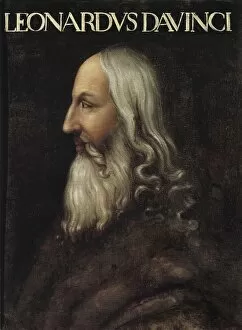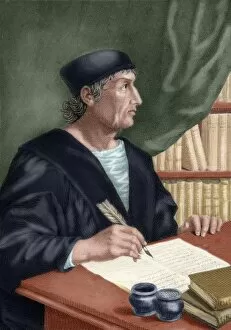Humanism Collection (page 9)
Humanism is a philosophy that celebrates the potential and worth of human beings, emphasizing reason, ethics
For sale as Licensed Images
Choose your image, Select your licence and Download the media
Humanism is a philosophy that celebrates the potential and worth of human beings, emphasizing reason, ethics, and compassion and has been embraced by thinkers and artists throughout history, including Richard Dawkins, a British science writer known for his advocacy of rationality and scientific inquiry. In the 16th century, Sir Thomas More championed humanist ideals in his book "Utopia, " envisioning an ideal society based on justice and equality. The renowned artist Hans Holbein the Younger captured this era's spirit with his portrait of More in 1527. Fray Luis de Leon, a Spanish poet from the same period, also embodied humanistic values through his literary works that explored themes of love and spirituality. Beatriz Galindo, known as La Latina for her expertise in Latin language and literature during the Renaissance period, further exemplified how education could empower individuals to contribute to society. Ulrich von Hutten was another influential figure who promoted humanism through his writings advocating for religious reform. Meanwhile, Fray Luis de Leon continued to inspire others with his poetic expressions that touched upon both earthly desires and spiritual contemplation. The friendship between Martin Luther and Philipp Melanchthon showcased how human connections can foster intellectual growth. As Melanchthon fell ill in the 16th century, Luther prayed fervently for his recovery while continuing to impart knowledge at Wittenberg University alongside Johann von Staupitz. Lucas Cranach Ancien immortalized Martin Luther's image through portraiture during this time period when he delivered lectures at Wittenberg University. These engravings depicted Luther as a fatherly figure guiding students towards enlightenment. Bartolomeo Platina was an Italian Renaissance writer who advocated for classical learning while wearing vibrant attire symbolizing creativity and intellectuality—a testament to how fashion can reflect one's beliefs. Luigi Cornaro further embodied these principles by promoting healthy living through moderation in diet—an idea captured in his portrait from the 16th century.

